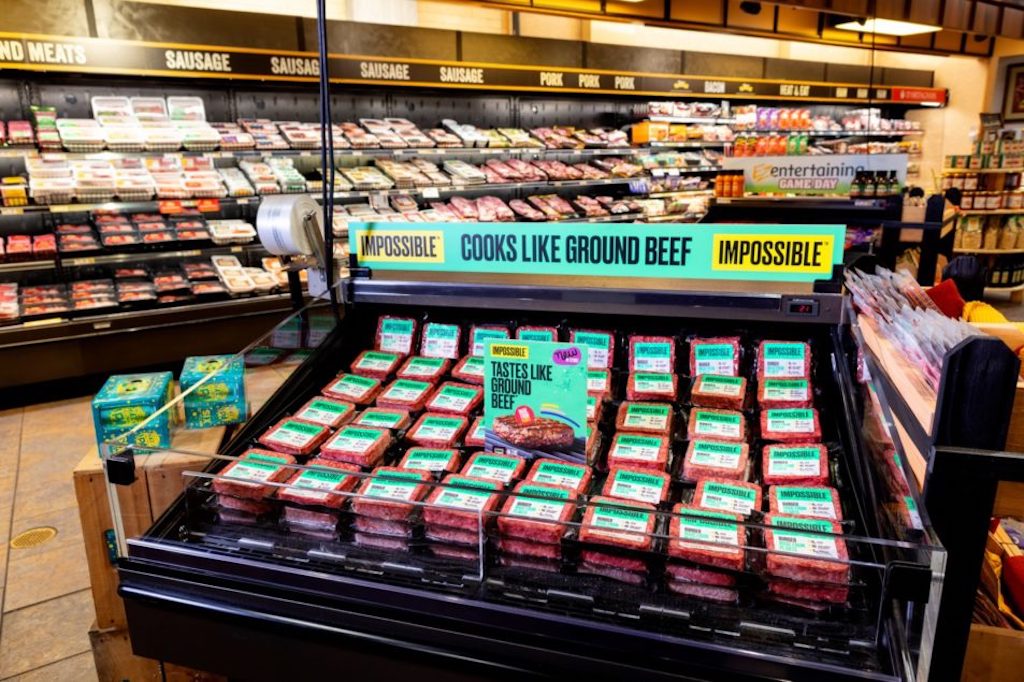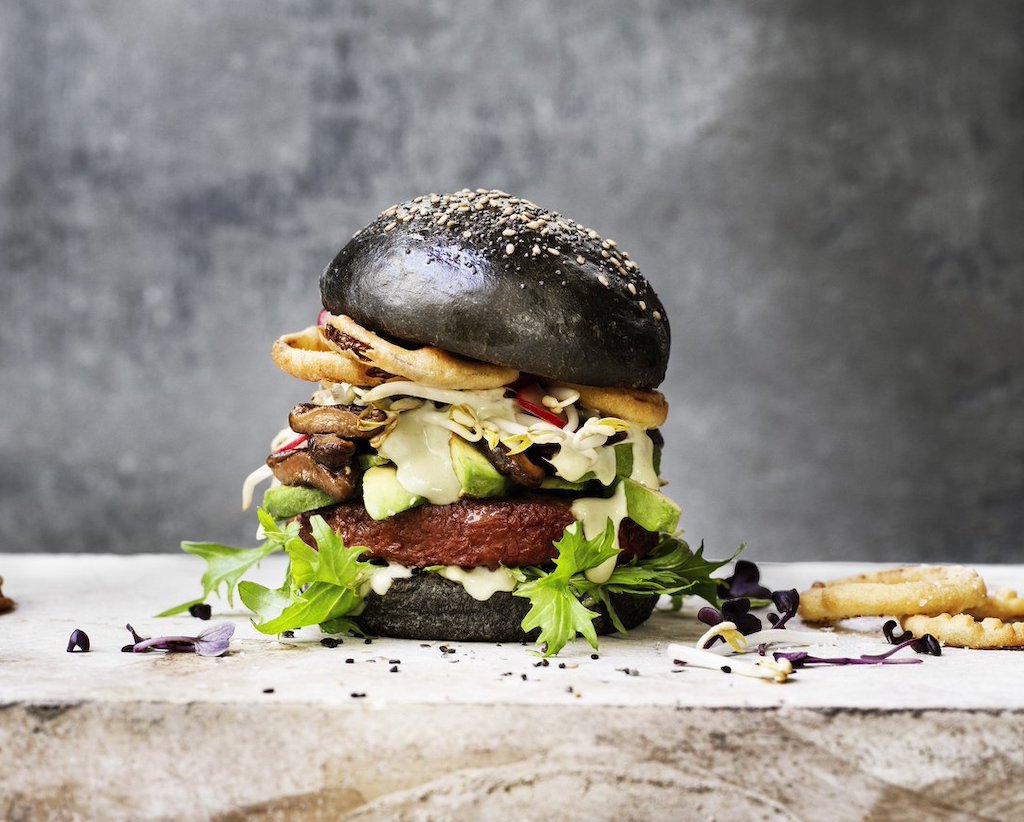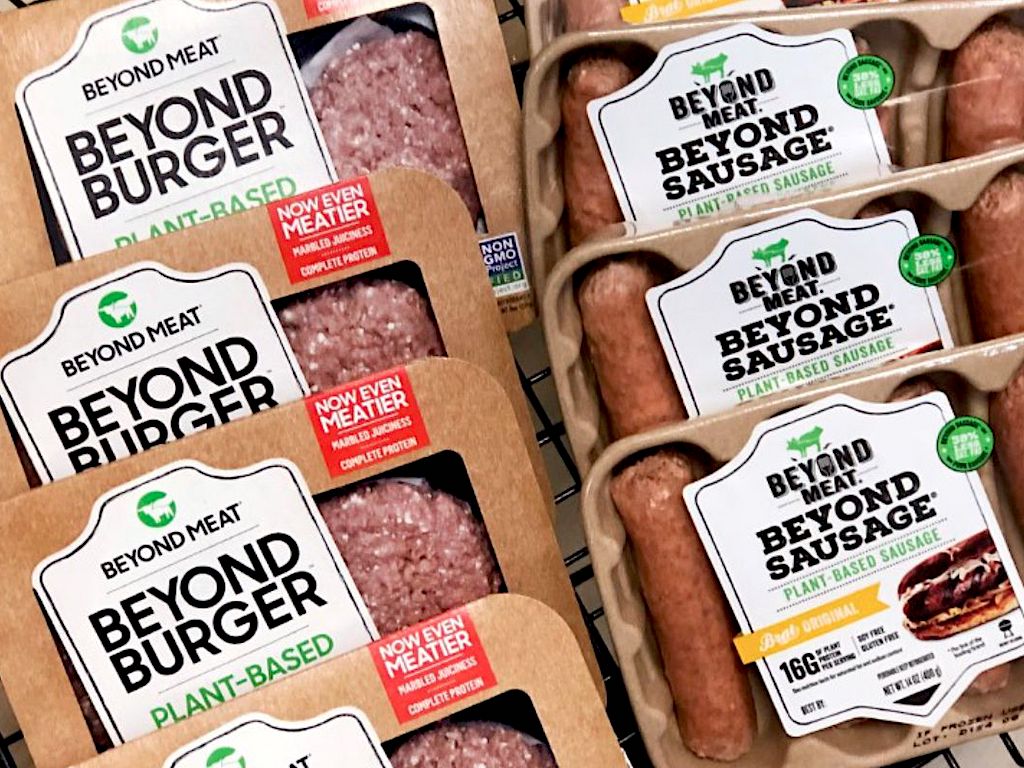3 Mins Read
The meat industry is in crisis, with the coronavirus outbreak seeing slaughterhouses and meat plants staying shut, propped up prices and supermarket shortages. Now, mainstream consumers are turning their attention to plant-based alternatives. New research from Hong Kong, the United Kingdom and the United States suggests that grocery shoppers are ready to shift to plant-based meat.
A new poll conducted by think tank Rethink Priorities and nonprofit Humane Society U.S. during the end of May found that over half of respondents – 52% – are now considering purchasing meat-free foods and that the food industry needs to focus on plant-based alternatives to combat shortages.
The survey of nearly 1,000 participants from the U.S. also found that over half of consumers believe that businesses in the meat industry do not care for workers’ health, and almost two-thirds think that the industry does not make considerations regarding ethical treatment of animals.
“Covid is shining a light for consumers to start evaluating their own choices and whether or not they want to continue to buy meat,” Josh Balk, vice president of farm animal protection at the Humane Society, told Bloomberg.

While slaughterhouses all over the world have recorded serious coronavirus outbreaks, facilities in the U.S. have seen the worst of the spread, leading to the mass inhumane culling of millions of factory farmed animals despite food banks in desperate need of supplies.
As a result of breakdown in the meat supply chain, American consumers have increasingly opted for plant-based alternatives. Market research firm Nielsen recorded a 280% spike in vegan meat sales in the country earlier in March, and its latest figures show a tripling in sales year-on-year in the two-month period ending April 25.
In the latest market predictions made by researchers at the University of Missouri’s Food & Agricultural Policy Research Institute, U.S. consumers year’s per-capita meat consumption will decline for the first time since 2014.
In another poll, conducted by Ipsos and commissioned by Hong Kong’s Green Monday, Hong Kong consumers demonstrated a spike in willingness to adopt plant-based options. The survey found that a quarter of the city’s young consumers are likely to significantly reduce their meat intake as a direct result of the coronavirus pandemic, which has brought to the forefront the health, sustainability and animal welfare concerns related to the meat industry.
The results also indicated that a record 34% of Hong Kong consumers – 2.5 million people – now identify as flexitarian eaters, meaning a predominantly plant-centric diet with only the occasional inclusion of conventional animal meat.

Similar trends have been observed in the United Kingdom, where global market research firm Mintel found in a survey conducted during April and May that 25% of young British millennials are now finding veganism appealing as a result of the coronavirus-induced meat crisis.
The poll additionally showed that over half of British respondents – 51% – believe that plant-based ingredients have health benefits.
Commenting on the trend, associate director of food and drink at Mintel, Alex Beckett, said: “People want the world to change for the better right now…For consumers struggling to know how to make a positive difference, cutting out animal protein may be seen as a way of tackling the climate crisis, showing compassion for nature, and boosting their own nutrient intake.”
Beckett added that the trend was growing prior to the pandemic, but the meat crisis has accelerated its growth.
Speaking to Green Queen in a recent interview, Green Monday’s founder and CEO David Yeung agreed that the meat crisis is forcing both consumers and manufacturers to shift towards plant-based options. Describing it as a “catalyst to ramp up plant-based and reduce animal agriculture”, Yeung said coronavirus has shown there is “no choice but to re-examine the system”.
Lead image courtesy of Beyond Meat.




